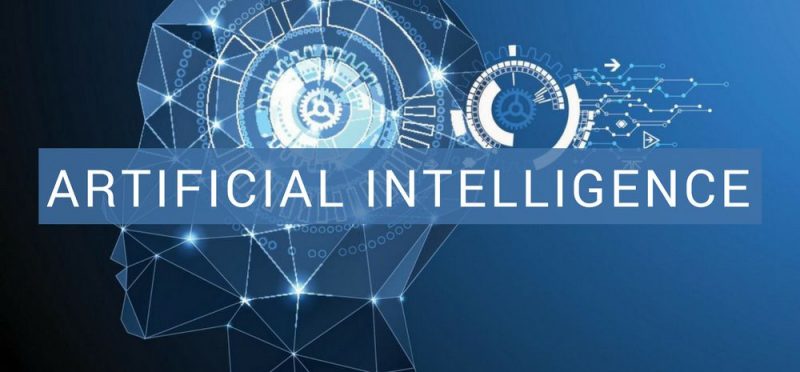The integration of artificial intelligence (AI) is rapidly transforming the landscape of human resource management, prompting a strategic shift in workforce allocation within companies. Organizations are increasingly leveraging AI to automate routine administrative tasks, freeing up human capital for higher-value activities in growth-focused areas such as marketing, sales, and software development. This trend is exemplified by IBM’s recent deployment of AI systems, which now manage a significant portion of their HR workload, allowing the company to redeploy employees to more strategic roles. The automation of these repetitive tasks allows businesses to optimize their operational efficiency and invest more heavily in initiatives that drive revenue and market expansion.
This wave of AI adoption in HR is not isolated to a single company. Leading HR software providers like Workday and Zoho People are actively integrating AI capabilities into their platforms to streamline various functions, from talent acquisition and performance management to employee engagement. Similarly, companies like HireVue and Oracle are utilizing AI-powered tools to automate aspects of the recruitment process, including video interviews and workforce planning. These advancements are designed to accelerate the hiring process, reduce bias, and improve the overall quality of talent acquisition. The proliferation of AI-driven HR solutions highlights a broader shift towards a more data-driven and automated approach to managing human capital.
The automation of administrative tasks within HR departments is facilitating a reallocation of resources towards growth-oriented initiatives, particularly in marketing and customer acquisition. Companies are recognizing the importance of blending human creativity with technological advancements to drive innovation and capitalize on emerging market opportunities. This shift in focus is supported by industry research, with a significant majority of organizations indicating plans to increase AI investment in HR while simultaneously expanding their marketing and sales teams. This strategic realignment underscores the growing recognition of the symbiotic relationship between technology and human capital in driving business growth.
The increasing investment in AI and automation, while promising in terms of efficiency and growth, also raises concerns about potential job displacement. Experts warn that widespread adoption of AI could lead to significant job losses, requiring millions of workers to acquire new skills or transition to different career paths. This potential disruption necessitates proactive measures to mitigate the negative impacts and ensure a smooth transition for affected workers. The challenge lies in balancing the benefits of AI-driven automation with the need to support employees in adapting to the changing demands of the labor market.
Despite the concerns surrounding job displacement, the overall outlook for the impact of AI on the job market remains positive. While AI is projected to eliminate a substantial number of jobs globally, it is also expected to create a greater number of new roles, resulting in a net positive impact on employment. This transition, however, requires a concerted effort from organizations to prioritize workforce development and equip employees with the skills needed to thrive in an AI-augmented workplace. Reskilling and upskilling initiatives will be crucial to empowering workers to navigate the evolving job market and take advantage of the opportunities created by AI.
The future of work is evolving rapidly, driven by the integration of AI and automation across various industries. While the transition may present challenges, it also offers significant opportunities for both businesses and individuals. Companies that embrace AI and invest in their workforce will be better positioned to capitalize on the benefits of automation, driving innovation and achieving sustainable growth. Simultaneously, individuals who proactively adapt to the changing demands of the labor market by acquiring new skills and embracing lifelong learning will be well-equipped to thrive in the age of AI. The successful integration of AI into the workplace hinges on a collaborative approach that prioritizes both technological advancement and human capital development.


